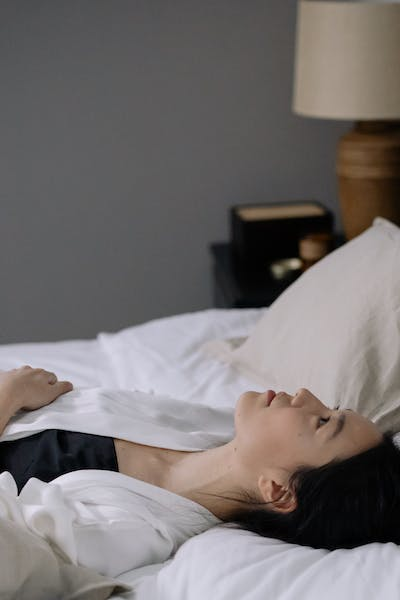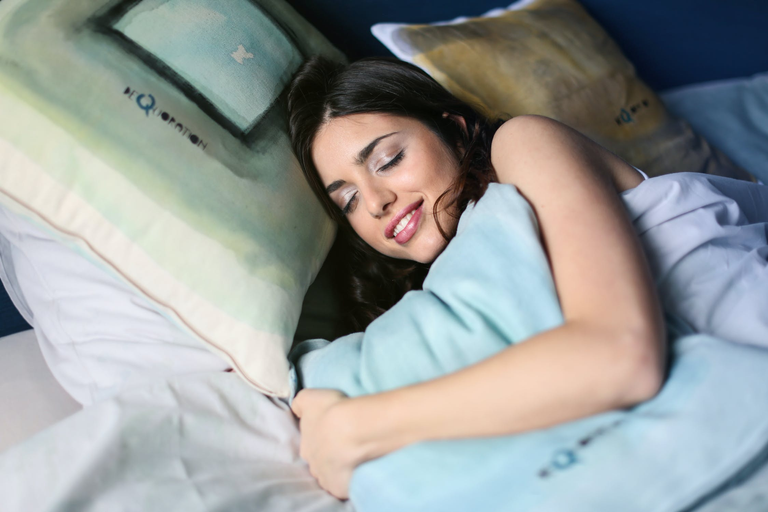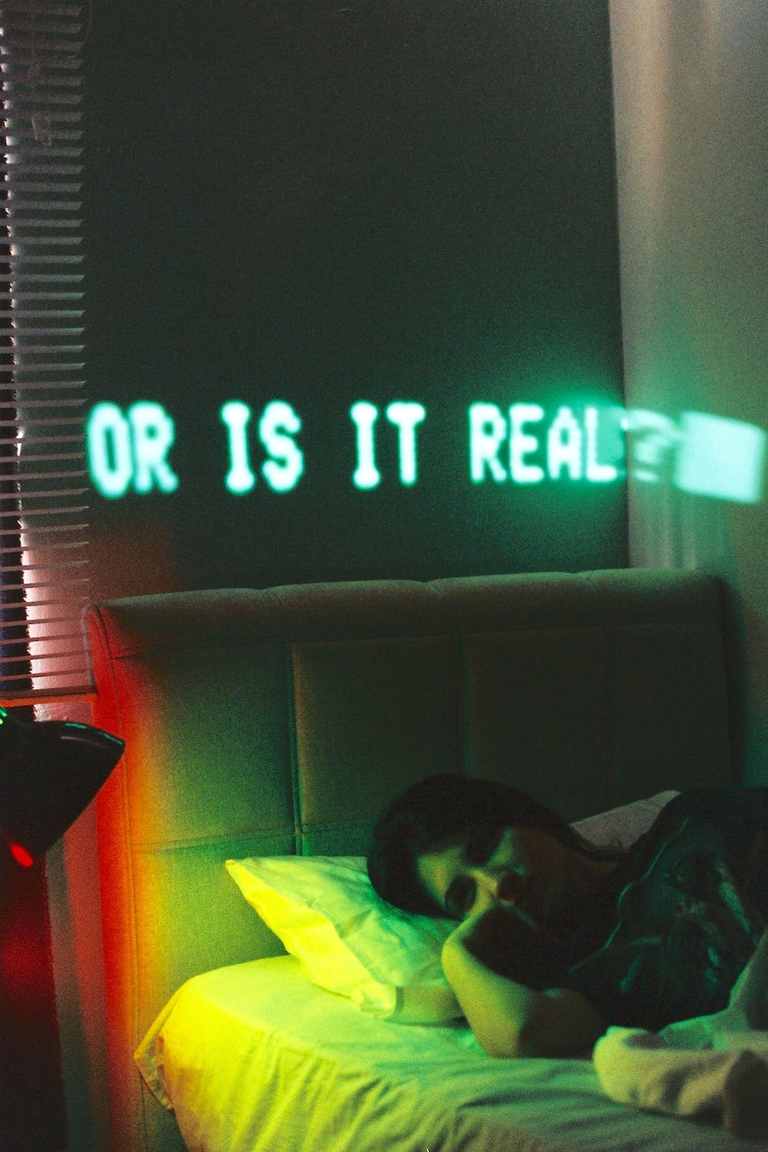Sleep Paralysis: A Sleeping Disorder

Source: Pexels
Sleep paralysis is a sleeping disorder that can be quite frightening. It can cause you to feel like you are unable to move or speak when you wake up, and it can even make you feel like there is someone else in the room with you. This disorder is relatively common, affecting about 4% of the population. However, it is often under-diagnosed and under-reported due to the fact that many people do not even realize they are experiencing it. If you think you may be suffering from sleep paralysis, it is important to seek help from a medical professional so that you can get the treatment you need. In the meantime, here is a quick overview of what sleep paralysis is and how it can affect you.
What is sleep paralysis?
Sleep paralysis is a sleeping disorder that can be caused by various things, including anxiety, sleep deprivation, and certain medications. It can also be a side effect of narcolepsy. Sleep paralysis occurs when someone is unable to move or speak while falling asleep or upon waking up. In some cases, people may also experience hallucinations during sleep paralysis. This is why many people believe it is a spiritual problems. In my community, people refer to it as evil spirit "pressing their necks". It can be very scary when associated with hallucinations
Causes of sleep paralysis

Source: Pexels
There are a variety of potential causes of sleep paralysis. It may be caused by changes in the sleeping habits, such as irregular sleep patterns or sleeping for long periods of time. It may also be caused by stress or anxiety, which can disrupt the body's natural sleep cycle. Sleep paralysis may also be a side effect of certain medications or medical conditions.
Symptoms of sleep paralysis
When someone experiences sleep paralysis, they may feel like they cannot move or speak. They may also feel like there is a heavy weight on their chest. Some people report feeling like they are being suffocated. People may also see or hear things that are not there. These hallucinations can be very frightening.
There are two types of sleep paralysis: isolated and recurrent. Isolated sleep paralysis is when a person only experiences it one time. Recurrent sleep paralysis is when a person experiences it multiple times.
Most people who experience sleep paralysis do not have any underlying medical condition. However, some people with narcolepsy (a condition that causes excessive daytime sleepiness) or other sleep disorders may be more likely to experience it. Sleep paralysis can also be brought on by stress or lack of sleep.
Treatment for sleep paralysis
Sleep paralysis is a condition in which a person is unable to move or speak for a brief period of time. This can happen when falling asleep or waking up. Sleep paralysis may be accompanied by hallucinations and is often considered a symptom of sleep disorders such as narcolepsy.

Source: Pexels
There is no one specific treatment for sleep paralysis, but there are some things that can help alleviate the symptoms. Some people find that sleeping in a reclining position can help prevent sleep paralysis. If sleep paralysis occurs while falling asleep, it may help to try and stay awake for longer periods during the day. Keeping a regular sleep schedule can also be helpful in preventing sleep paralysis. If sleep paralysis occurs while waking up, it may help to try and relax the body and clear the mind before going back to sleep.
How to prevent sleep paralysis
There are a few things you can do to prevent sleep paralysis:
Keep a regular sleep schedule. This means going to bed and waking up at the same time every day, even on weekends.
Get enough sleep. Most people need 7-8 hours of sleep per night.
Reduce stress. Stress can trigger sleep paralysis, so it's important to find ways to relax before bedtime. This could include reading, taking a bath, or meditating.

Source: Pexels
Create a comfortable sleeping environment. Make sure your bedroom is dark, quiet, and cool. This will help your body relax and fall asleep more easily.
Avoid caffeine and alcohol before bedtime. These substances can disrupt your sleep and increase the risk of sleep paralysis episodes.
Conclusion
If you find yourself experiencing sleep paralysis, don't panic — it's a sleeping disorder that can be easily managed. By following the tips in this article, you can learn how to control your sleep paralysis and get a good night's rest.
References
- https://www.webmd.com/sleep-disorders/sleep-paralysis
- https://en.m.wikipedia.org/wiki/Sleep_paralysis
- https://www.medicalnewstoday.com/articles/295039
Congratulations @theavose! You have completed the following achievement on the Hive blockchain and have been rewarded with new badge(s):
Your next target is to reach 900 upvotes.
You can view your badges on your board and compare yourself to others in the Ranking
If you no longer want to receive notifications, reply to this comment with the word
STOPCheck out the last post from @hivebuzz:
Support the HiveBuzz project. Vote for our proposal!
Sleep paralysis can be really scary and traumatising especially if you don’t know what is wrong
True